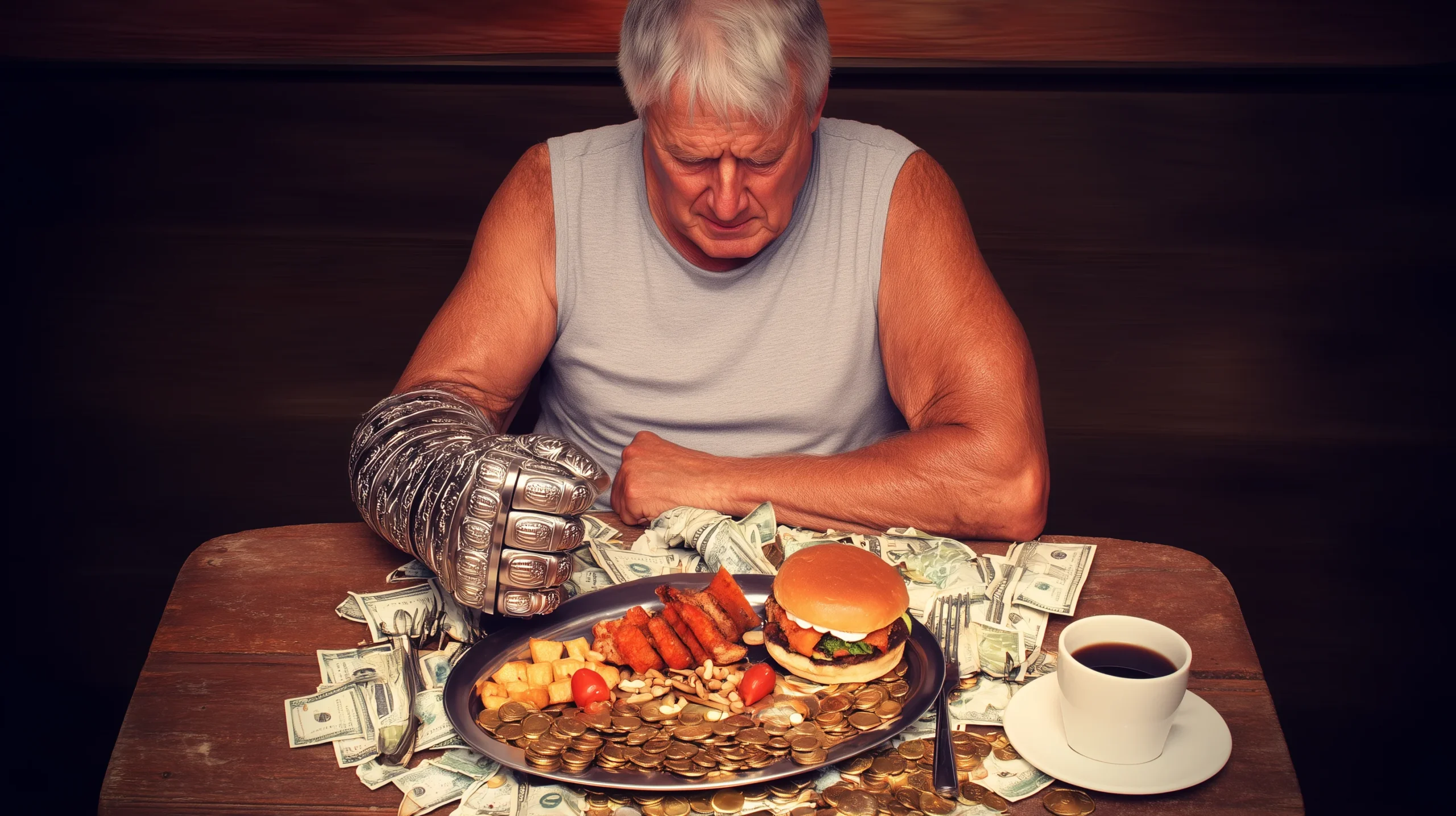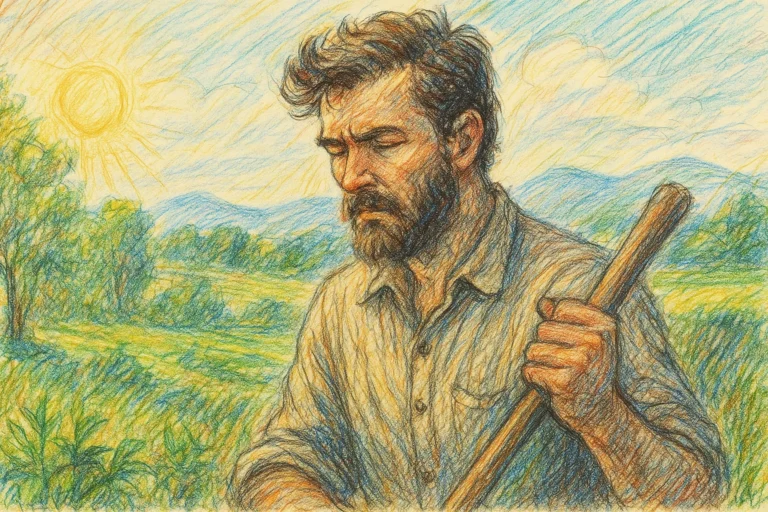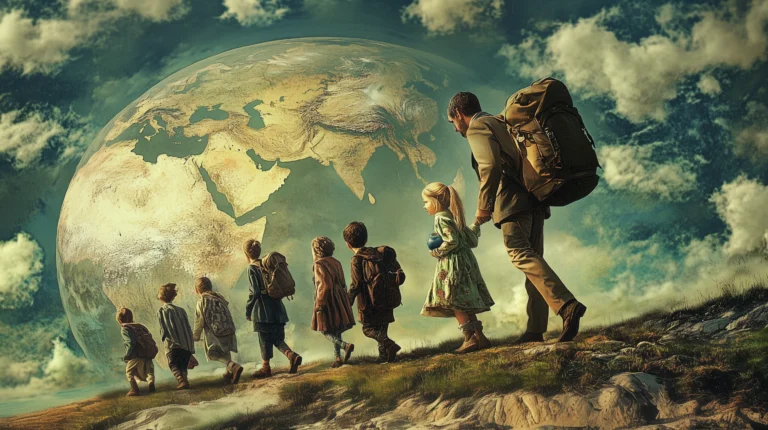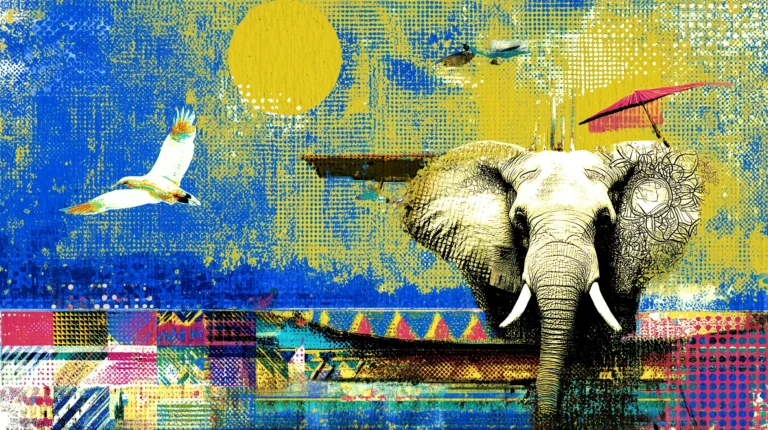The Price of Denial: Religion, Mortality, and Modern Slavery
Look around and count the ironies. When banks wrote risky bets and crashed the world in 2008, governments found about $498 billion in direct outlays—and had up to $16 trillion on standby—to keep finance alive. (MIT Sloan)
During the pandemic the tap opened wider. Between the Federal Reserve’s credit facilities and emergency laws, roughly $13 trillion in support was authorised for corporations and markets. (COVID Money Tracker)
Every ordinary year Washington still hands business about $181 billion in subsidies and tax perks that economists call “corporate welfare.” (Cato Institute)
Even single industries receive special cushions: U‑S airlines alone collected $54 billion in rescue money while thousands of cabin‑crew families queued at food banks. (Reuters)
Now compare the everyday citizen. A parent who needs a small loan for medical bills or rent is grilled, rejected, and left to scrape by. For many, anxiety becomes a permanent roommate.
Some reach a darker calculation: if a dignified life is priced out, at least grant a dignified right to assisted dying, so they need not bankrupt their loved ones just to stop the pain.
Revolutions will not fix this arithmetic. History shows the mind replaces one throne with another; new flags, same chains. Karl Marx warned that “religion is the opium of the people,” yet his own portrait soon hung where old icons fell. Do not enshrine Marx or any other ghost. The past is finished.
Know yourself. Admit that there is no after‑life safety net, no cosmic refund. This is the single round. If society will not spread the feast, the least it can do is stop locking the exit doors. Better, demand more—more pay, more public wealth, more room to live—until nobody has to beg for a loan or an assisted‑death.
One life, one clock
Most people on Earth live about 73 years. That is a little under 640 000 waking hours to think, love, work, play, and decide who you want to be. (World Health Organization)
The odds that you even got those hours are mind‑bending. One popular estimate puts the chance of your exact life happening at roughly 1 in 400 trillion—so small it is almost zero. (MuddyUm) In other words, simply being here is the greatest jackpot ever won.
Now you decide—how much is one hour of your time worth, if you accept, just for a moment, that this is your only shot? No afterlife. No reset. Just this one stretch of breath and blood.
But then comes the story—“be patient, your reward is coming.” Heaven, karma, reincarnation, paradise—ideas handed down to keep you quiet, to make you trade this hour for a dream that cannot speak back. And slowly, you begin to compromise. You stop asking for more. You settle. You suffer. You call it faith. You imagine a future that makes your present pain seem holy.
And that’s how you lose your one, wild hour—by believing there’s another waiting.
- Tiny club, huge fortune. 1 percent of adults already hold more wealth than the poorest 95 percent put together; the whole “top 4 percent” controls well over two‑thirds of everything that exists. (Oxfam International)
- Finance – Three giant fund managers (BlackRock, Vanguard, State Street) are the biggest shareholders in nearly 9‑in‑10 S&P 500 companies. (Costello College of Business)
- Tech – A handful of mega‑platforms (Apple, Microsoft, Amazon, Alphabet/Google, Meta, Netflix, etc.) reach market values bigger than many countries.
- Energy – Oil‑and‑gas wealth is packed into a few state or family‑run giants (e.g., Saudi Aramco) plus Western “super‑majors.”
- Food – Just four agribusiness firms (ADM, Bunge, Cargill, Louis Dreyfus—“ABCD”) move 70‑90 % of the world’s grain. (The Guardian)
- Land – In England, under 1 % of people (mainly old aristocratic families and big firms) own half the country; regular homeowners share only about 5 %. (The Guardian)
- Media – Six U.S. conglomerates dominate roughly 90 % of what Americans read, watch, or hear. (Business Insider)
- What ordinary people feel: pay cheques stay flat, rents soar, good jobs and decent housing feel scarce, so most of us “scrap over leftovers” while watching billion‑dollar fortunes balloon. (That scarcity fuels anger and mistrust on the ground.)
- Mind and body toll: living under big gaps in status spikes stress‑hormone levels, raises anxiety and depression rates, cuts community trust, and pushes everyone into status‑competition shopping. (Inequality.org)
- Politics tilted upward: quantitative studies show that, when elites want a policy, it usually happens; when average citizens want change and the rich don’t, it rarely does. In other words, money talks—and votes louder. (Cambridge University Press & Assessment)
- Religion’s double edge: faith offers comfort, but organised religion has long been used to bless the social order—Marx called it “the opium of the people.” (Wikipedia)
- Why death matters: we hate thinking about mortality; entire cultures distract us with consumption or “hero” projects. Ernest Becker’s The Denial of Death explains this, and lab studies show that reminding people of death makes them cling harder to charismatic leaders. (Wikipedia, PubMed)
- Bottom line: a sliver of humanity holds most of the assets, shapes markets, sways politics, and—even through ideas about faith and death—helps set the stories the rest of us live by. Knowing the pattern is the first step toward changing it.
Dig deeper: see the attached PDF for the full research and detailed findings.
What this means
- The system is not built on hard work or gratitude; it is built to rescue capital first and people last.
- Your hours are priceless and finite; the bail‑out machine can print trillions overnight.
- Don’t blame yourself—or your neighbour—when you struggle. The playing field is tilted by design.
Wake up while the clock is still ticking. See the rigging. Value your hours. Use them together with others to push for a world where human lives matter as much as balance sheets—or at the very least, where no one must beg or die for lack of the basics.
A man walks into a fancy restaurant, wearing a suit that cost more than the waiter’s monthly rent. He snaps his fingers, says, “Serve me like a king.”
The waiter, in tight black shoes and a name tag, smiles and replies, “Of course, Your Majesty—minimum wage royalty is my specialty.”
And they both pretend this isn’t modern slavery—just dinner with a tip.







